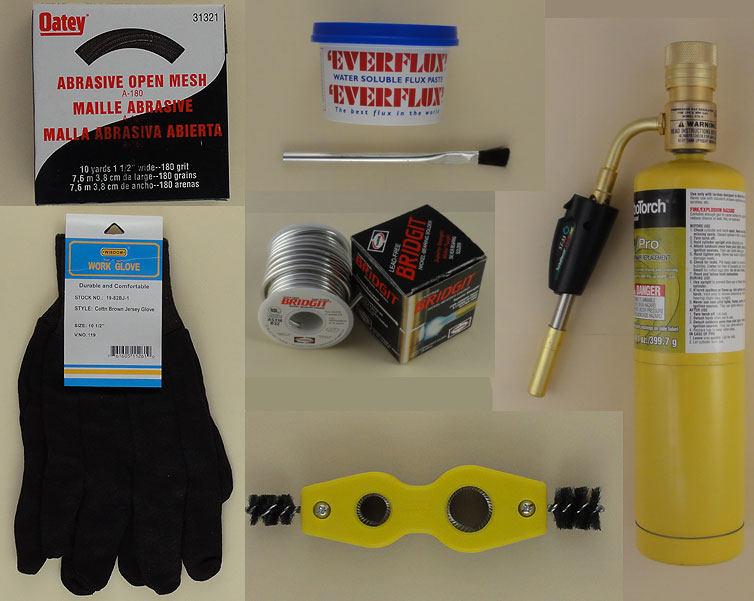DirtyBrad
New Member
I'm working on a kitchen remodel, which is the first real plumbing I've done. The house has 1/2" copper pipe for water and PVC for waste. I've been reading and watching all I can on-line about sweating the pipe and did several practice pieces before diving in.
My joints aren't gorgeous, but they're coming along. I have everything in place except for making the final connection in the basement. The water pipes run around a bend in the basement ceiling, up into the kitchen sink cabinet, then each one forks into two valves, so there are four total (hot, cold, fridge supply, DW supply).
My question is, can I test this either before or after making the last connection? Obviously, anything can happen, but is it mostly the case that if I turn the water back on and nothing's dripping that I'm okay? Or can I have muffed something in a way that won't show up for a month? My plan was to turn the house water off when I left each day for the first week. I figure that way, if something's busted, at least I'd be there instead of coming home to basement swimming pool.
My other concern is the ball valves that I sweated on. I did my best to follow directions and not overheat them, but they seemed to turn a bit easier afterward. I don't know if that means anything or not. Anything special to check there other than the water goes on and off when I turn them?
Anyway, any tips or gotchas to look for would be a huge help in getting me a sound night's sleep.
My joints aren't gorgeous, but they're coming along. I have everything in place except for making the final connection in the basement. The water pipes run around a bend in the basement ceiling, up into the kitchen sink cabinet, then each one forks into two valves, so there are four total (hot, cold, fridge supply, DW supply).
My question is, can I test this either before or after making the last connection? Obviously, anything can happen, but is it mostly the case that if I turn the water back on and nothing's dripping that I'm okay? Or can I have muffed something in a way that won't show up for a month? My plan was to turn the house water off when I left each day for the first week. I figure that way, if something's busted, at least I'd be there instead of coming home to basement swimming pool.
My other concern is the ball valves that I sweated on. I did my best to follow directions and not overheat them, but they seemed to turn a bit easier afterward. I don't know if that means anything or not. Anything special to check there other than the water goes on and off when I turn them?
Anyway, any tips or gotchas to look for would be a huge help in getting me a sound night's sleep.

